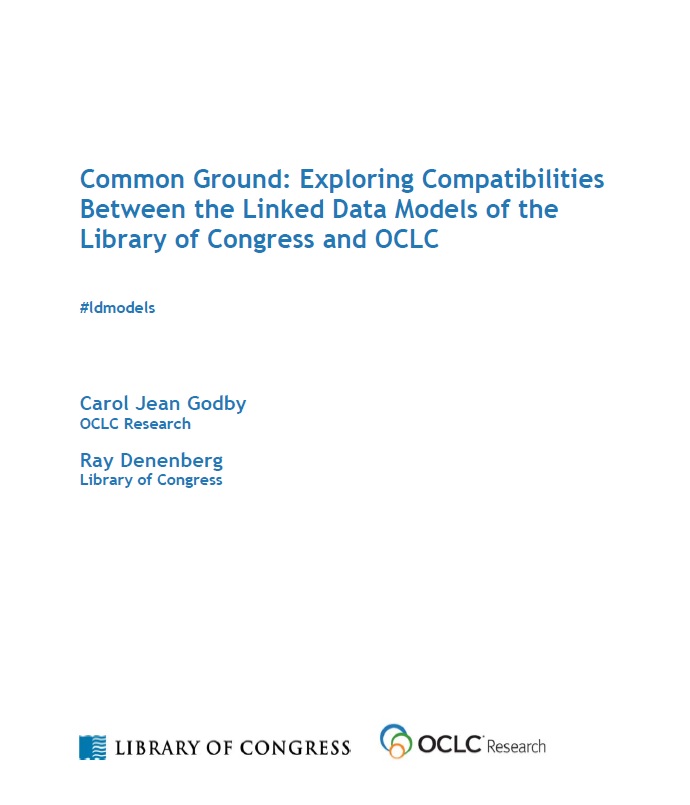OCLC breaks again the Library walls
OCLC has published an agreement with more than 200 publishers and content providers around the world to add metadata for books, e-books, jorunals, databases, etc. in order to facilitate their discovery and user access through WorldCat Discovery Services.
It is estimated that this agreement will provide to OCLC services’ users descriptive metadata for more than 1.9 billion resources, both in physical and electronic format.
With this agreement, OCLC continues to break the barriers of traditional library setting. In addition to the inclusion in bibliographic records of links to external resources (to online bookstores, website reviews as Goodreads, etc.), and the publication of metadata in Schema.org, OCLC will offer a new service which will surely be highly appreciated by its users.
Enjoy it!
Andreu Sulé
University of Barcelona


